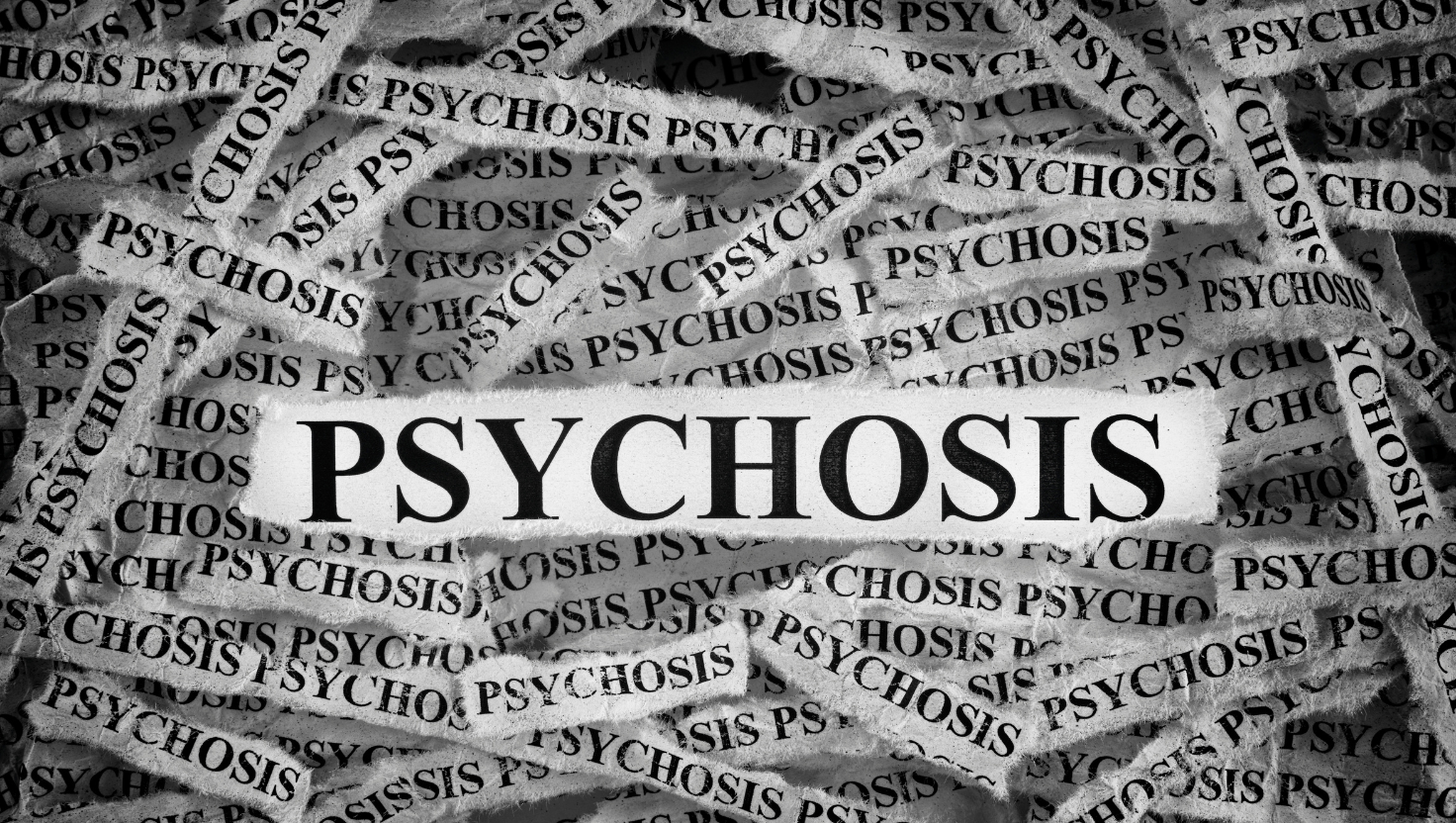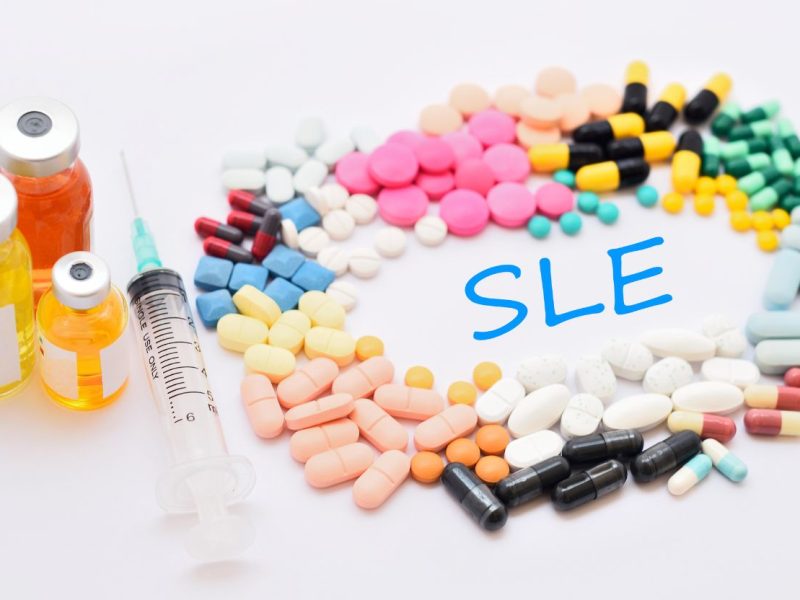Today, I want to shed light on post-pregnancy psychosis (also known as postpartum psychosis). This serious postpartum mood disorder affects roughly 1–2 in every 1,000 new mothers and requires immediate action. Whether you’re a mother, partner, or caregiver concerned about warning signs or treatment, this guide will help you understand, recognize, and manage postpartum psychosis.
Understanding Post-Pregnancy Psychosis
Post-pregnancy psychosis is a rare but severe psychiatric emergency that typically starts within days to weeks after childbirth. Unlike the “baby blues”—which resolve within two weeks—postpartum psychosis involves:
- Severe mood swings (mania or deep depression)
- Hallucinations and delusions (seeing or hearing things that aren’t real)
- Disorganized thinking and behavior
- Rapid shifts in emotion, from euphoria to despair
Early recognition and treatment of post-pregnancy psychosis are vital to protect both mother and infant.
Key Warning Signs
Be vigilant for these postpartum psychosis symptoms:
- Severe Sleep Disturbance: Inability to sleep even when the baby is resting.
- Intense Anxiety or Agitation: Racing thoughts, panic attacks, or paranoia.
- Psychotic Symptoms: Hearing voices, believing the baby is in danger for no reason, or holding unfounded fears.
- Disorganized Behavior: Neglecting basic self-care or infant care, confused speech.
- Thoughts of Harm: Any suicidal ideation or thoughts of harming the baby warrant an immediate 911 call or emergency evaluation.
Immediate Management and Inpatient Care
Postpartum psychosis is a psychiatric emergency. The cornerstone of early management is inpatient care in a mother-baby psychiatric unit when available. Key interventions include:
- Continuous Monitoring: Around-the-clock observation to ensure safety.
- Medication: Antipsychotics (e.g., risperidone), mood stabilizers (e.g., lithium), and short-term benzodiazepines for severe agitation.
- Electroconvulsive Therapy (ECT): In treatment-resistant or life-threatening cases, ECT is highly effective and safe in the postpartum period.
Long-Term Treatment and Recovery
Once stabilized, ongoing outpatient management is essential:
- Medication Adjustments: Titrating antipsychotic or mood-stabilizing drugs under psychiatric supervision.
- Psychotherapy: Cognitive-behavioral therapy (CBT) to address distorted thinking and develop coping skills.
- Mother-Baby Bonding Support: Guided interaction sessions to rebuild the maternal-infant attachment affected by hospitalization.
Building a Supportive Network
Strong social and professional support dramatically improves outcomes in postpartum psychosis management:
- Family Education: Teaching loved ones about post-pregnancy psychosis signs, symptom management, and how to provide compassionate support.
- Peer Support Groups: Connecting mothers who’ve experienced postpartum psychosis to share recovery journeys and practical advice.
- Home Nursing Visits: Follow-up by psychiatric nurses to monitor medication adherence, mood changes, and infant care.
Preventing Recurrence
Mothers with a history of postpartum psychosis face higher recurrence risk in future pregnancies. Proactive strategies include:
- Preconception Counseling: Discussing risk factors, potential medication adjustments, and a clear birth plan.
- Early Postpartum Monitoring: Scheduling psychiatric check-ins weekly during the first two months after delivery.
- Stress-Reduction Techniques: Incorporating mindfulness, relaxation exercises, and structured sleep routines to maintain emotional balance.
Final Thoughts
Post-pregnancy psychosis is a life-threatening condition, but with prompt inpatient care, appropriate medication, therapy, and a robust support system, full recovery is achievable. As a maternal mental health expert, I’ve seen countless mothers reclaim their well-being and enjoy a healthy bond with their babies. If you or someone you know shows signs of postpartum psychosis, seek medical attention immediately—early intervention can save lives.
Do you have questions or experiences with postpartum psychosis? Please share below. You’re not alone, and help is available.



